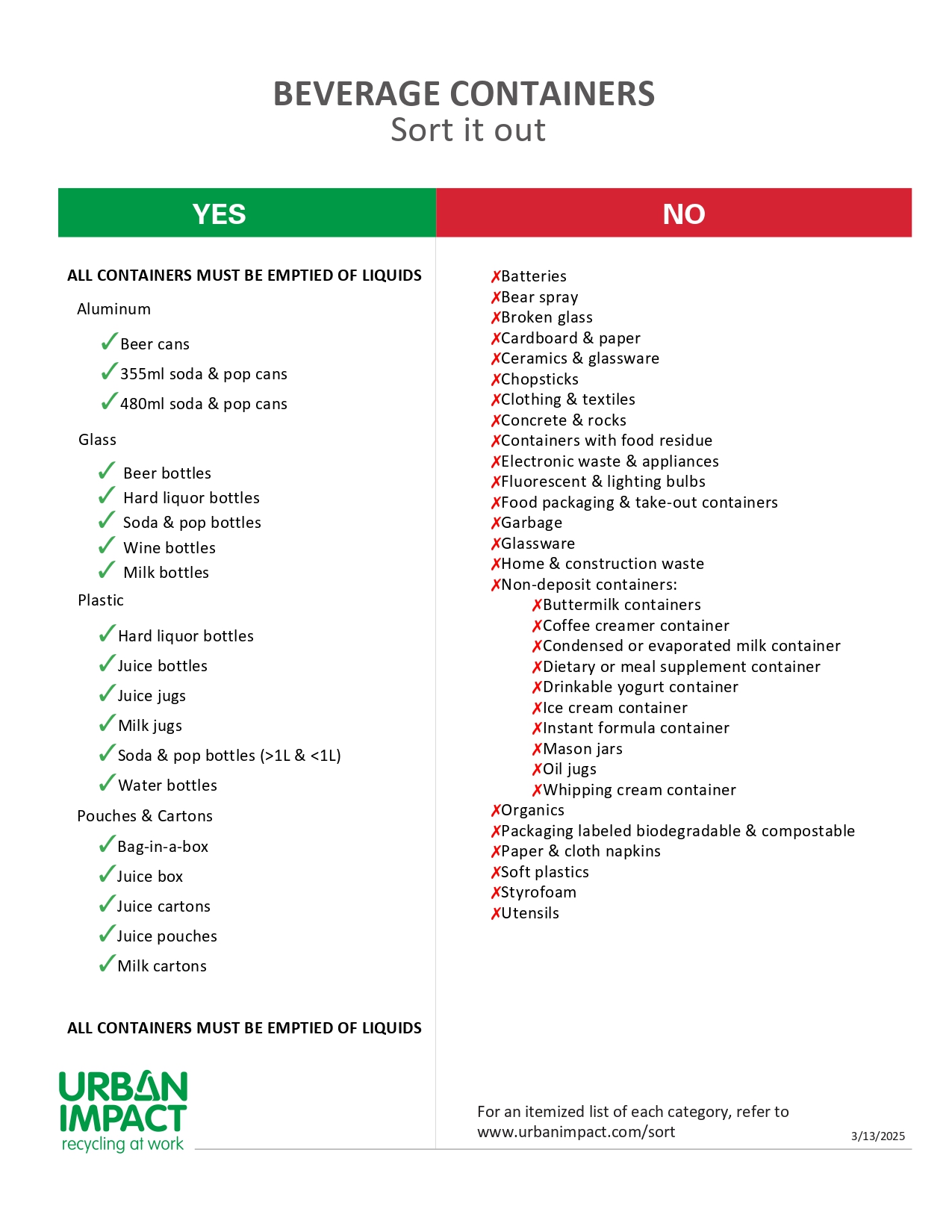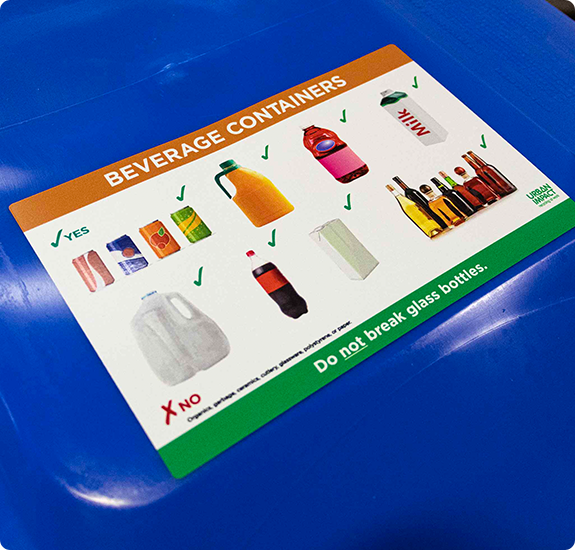
Drink and Recycle!
Beverage Container Recycling
The Urban Impact Beverage Container Recycling Program is available to the hospitality industry, residential and multi-family buildings, retail and corporate businesses. Our reliable, clean bin service allows you or your team to easily collect beverage containers and receive the refund value for those containers.
Our service simplifies the collection of beverage containers, and our robust auditing system ensures that refunds are re-captured and returned to our customers.
Urban Impact will ensure our Beverage Recycling Container Program fits needs. We will ensure bin are the right size, your bins are cleaned after each service and signage, to properly sort items, is easy to follow.
Urban Impact’s Beverage Container Recycling Program is easy as 1, 2, $.10!

Why Recycling Beverage Containers is Important
Both glass and mixed beverage containers are banned from the landfill. Through modern sortation technology, beverage containers can be separated and re-purposed into other products. Recycling beverage containers saves space in our landfills and helps to protect our natural resources.
All beverage containers, when purchased, bare a deposit. By separating containers into proper recycling bins, you can recover the value of the deposit.
By adding or expanding your diversion efforts through recovering all mixed beverage containers from your waste stream you will:
- Remain in compliance with local landfill bans.
- Help our province divert more material from landfill.
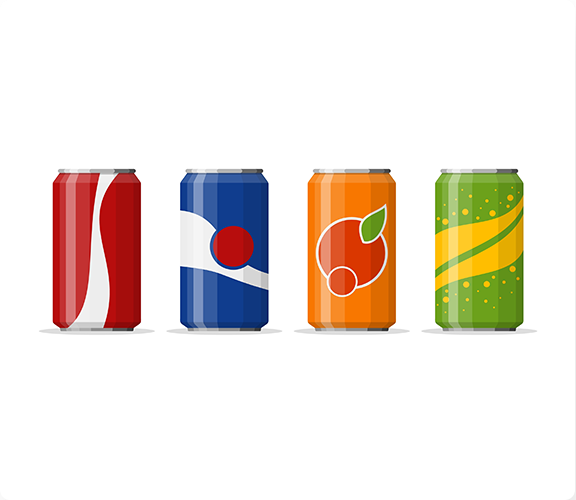
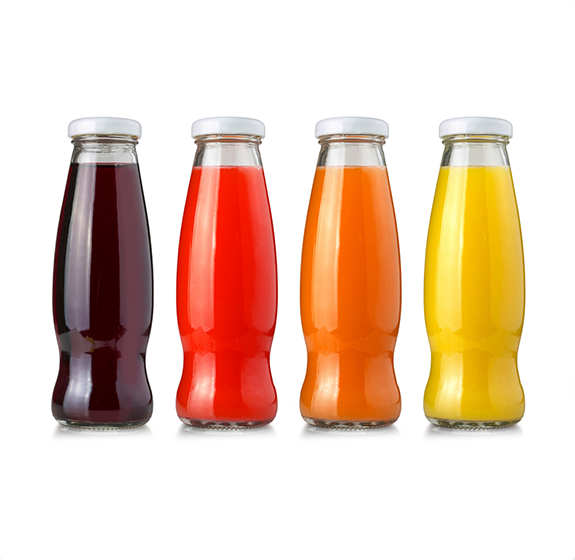
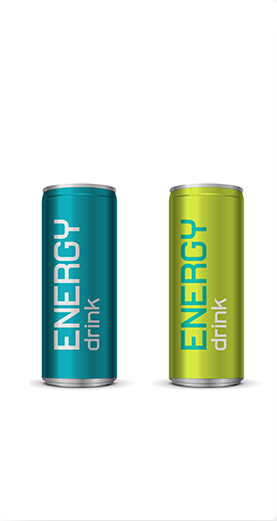
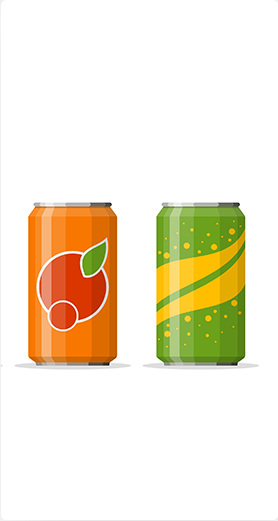
Getting the Most from Recycling Beverage Containers
To get the most from a Beverage Container Recycling Program, it is helpful to follow a few simple guidelines.
- Please make sure all containers are empty and not broken before depositing.
Glass, Beverage & Mixed Containers
- All glass, metal, plastic, aluminum or multi-material beverage containers can be put into the same bin.
- Non-deposit baring containers can be put in the same bin to be recycled but will decrease the value of each tote. Non-deposit baring containers should be put into the Mixed Container recycling tote.
Do NOT break glass bottles
- The sortation system for beverage containers is handled by people and machines. Broken glass is a hazard to both.
- Broken bottles add a lot of weight to the collection totes, making them hard to move and a safety concern for our drivers.
- Each bin is sorted, and the value of the containers is refunded, minus the cost of service. We do not count broken beverage containers in the refund value.
Urban Impact will charge for the non-deposit baring containers and reserves the right to refuse any bin.
Why Choose Urban Impact
Urban Impact ensures your service is the right size for your needs. This is an active process for our trucking team. Through right sizing we ensure that your location is not over or under serviced. Right sizing also saves resources and limits GHG emissions.
Urban Impact will support your diversion goals and objectives with our communication and educational materials. These communications materials help get your recyclable in the right bin.
We will pick up and take it your beverage containers to Encorp. Encorp is the licensed depot that mechanically and manually sort the beverage containers. .
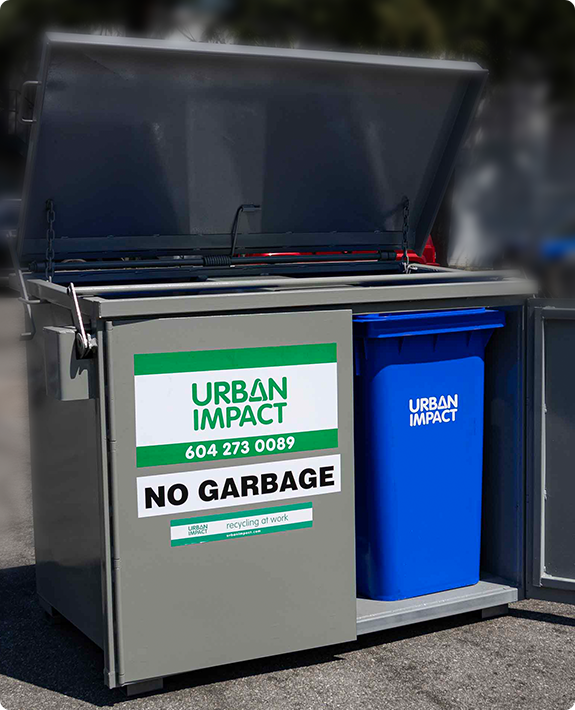
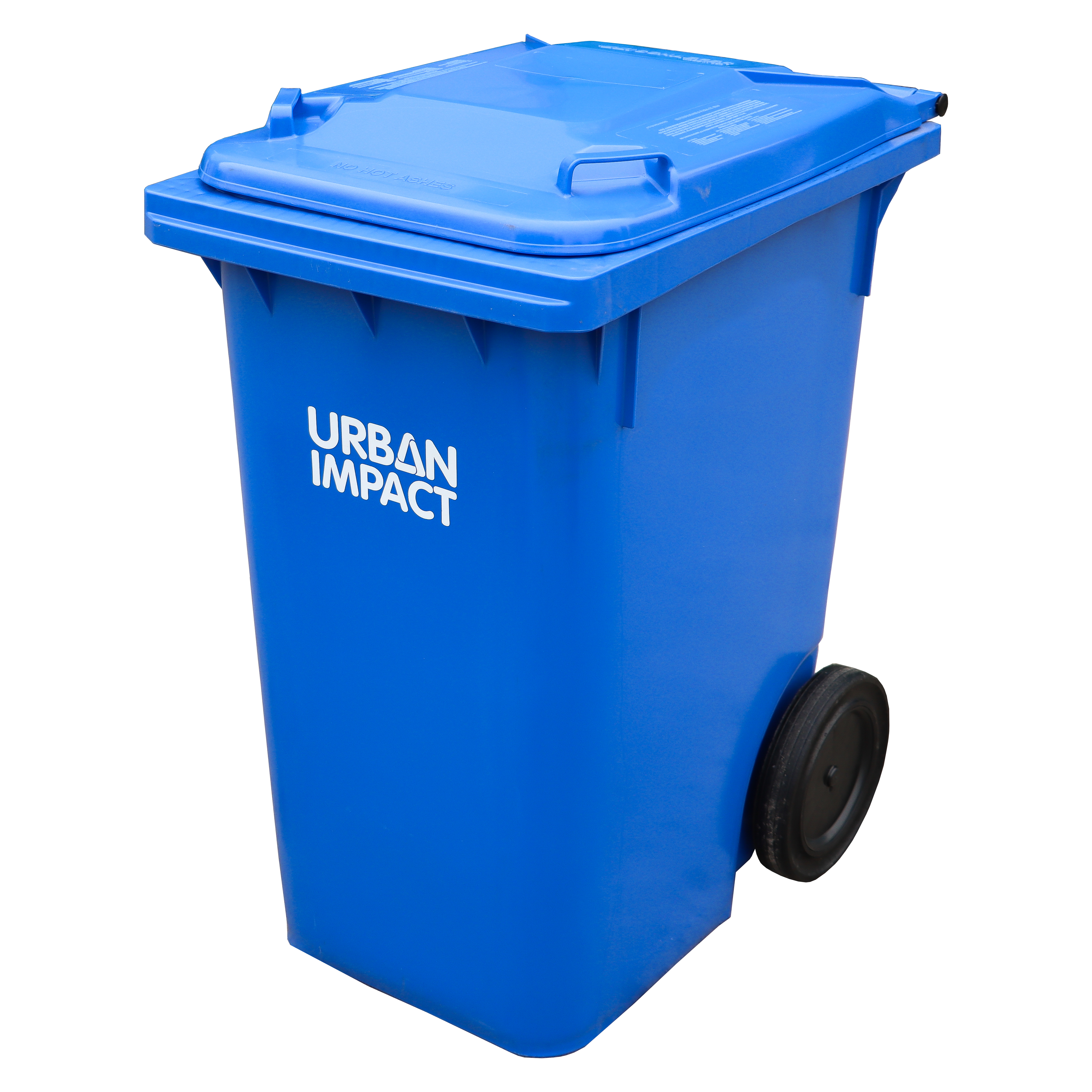
96 Gallon Tote
2.9'(L) x 2'(W) x 3.6'(H)
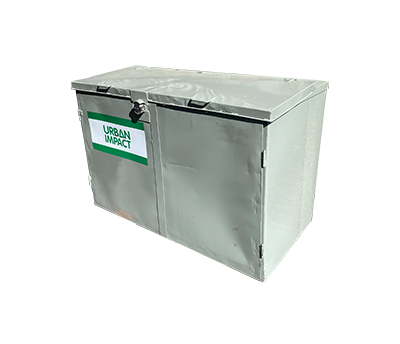
3 Cubic Yard
4.3'(L) x 4.3'(W) x 4'(H)
Labels and Signage
Download signage to help your beverage container diversion efforts run smoothly.
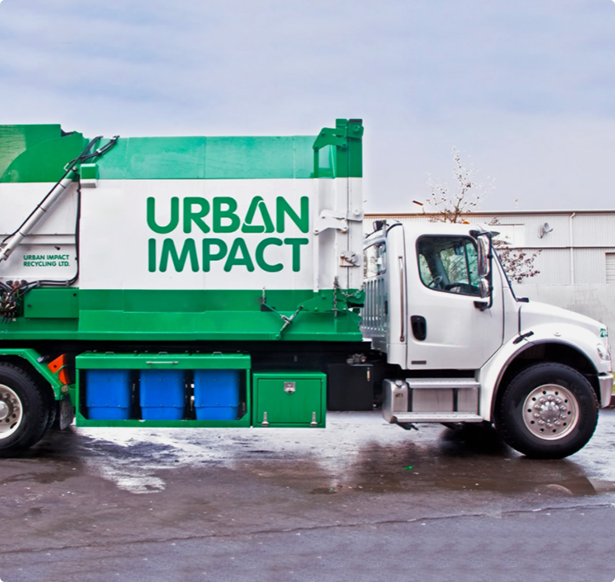
Drink up!
Facts about Beverage Containers
- Glass is 100% recyclable and can be recycled endlessly without loss in quality or purity. (source: https://www.gpi.org/).
- Beverage container deposit systems provide 11 to 38 times more direct jobs than curbside recycling systems for beverage containers. (Source: The Container Recycling Institute).
- About 18% of beverages are consumed on-premise, like a bar, restaurant, or hotel. And glass makes up about 80% of that container mix. (source: https://www.gpi.org/)

